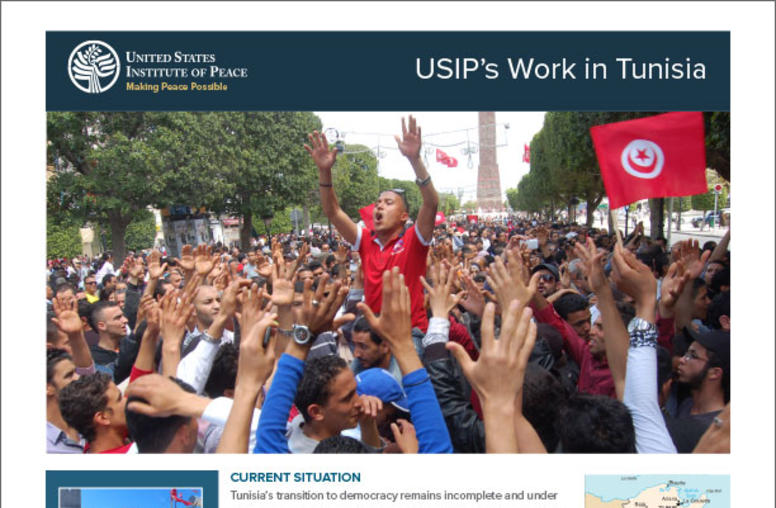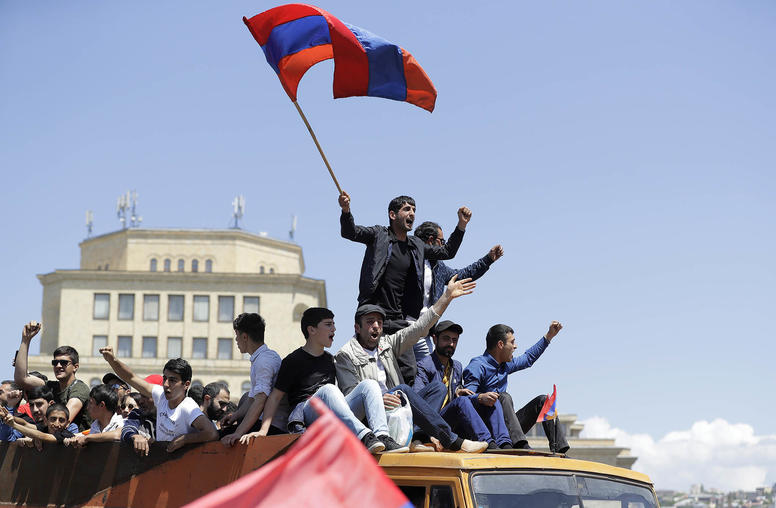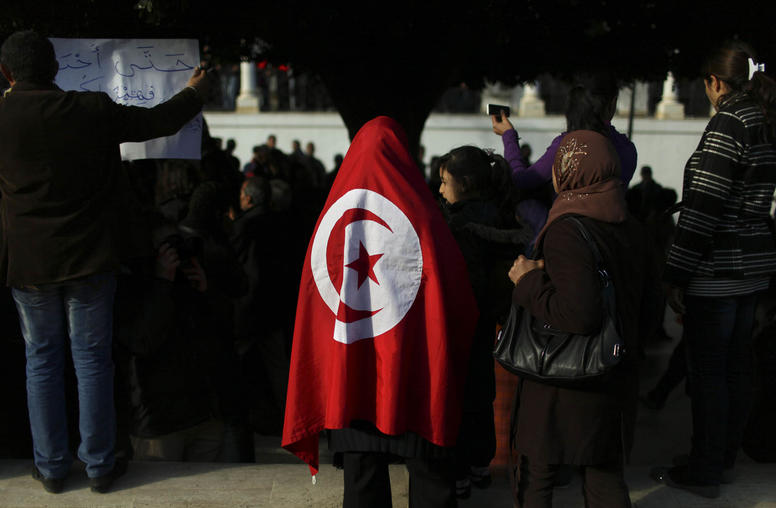Human Rights in Tunisia’s Transition: A View from the Field
As Tunisia is led by a provisional government, how does the country rank on human rights, addressing political violence by intolerant groups, protecting freedom of expression and the rights of women and minorities, and writing a constitution that safeguards the rights of all Tunisians?
Read the event coverage, Tunisian Debate Over Islam, Rights in Constitution Illustrated at USIP Event

- Amel Azzouz, Panelist
Member, Tunisian National Constituent Assembly
Member, Ennahda's Internal Shura Council - Amna Guellali, Panelist
Country Representative to Tunisia, Human Rights Watch - Stephen McInerney, Discussant
Executive Director, Project for Middle East Democracy (POMED) - Joyce Kasee, Discussant
Program Officer, North Africa Program, U.S. Institute of Peace - Daniel Brumberg, Chair
Senior Adviser on Middle East Initiatives, U.S. Institute of Peace
Associate Professor - Democracy & Governance Studies, Georgetown University
This event will be co-sponsored by the Project on Middle East Democracy and the U.S. Institute of Peace.



